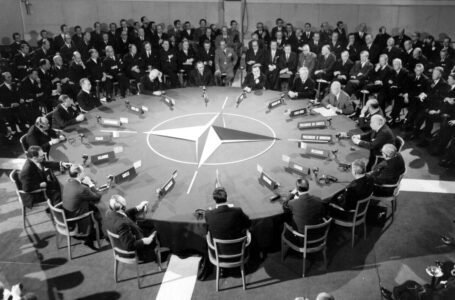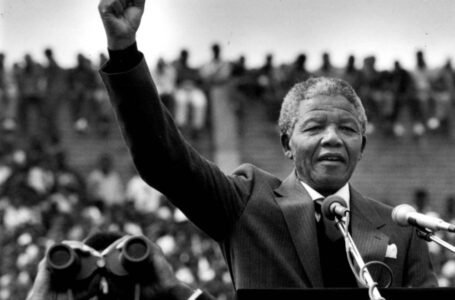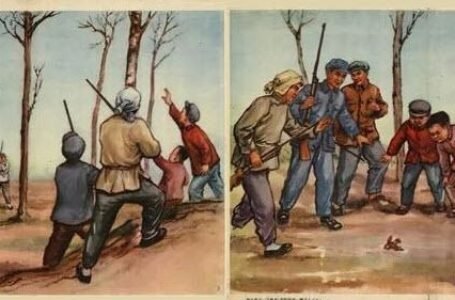Ahilya Bai Holkar – The Epitome of Wisdom and Grace

Ahilya Bai Holkar- Queen of the Marathas
“For thirty years her reign of peace,
The land in blessing did increase;
And she was blessed by every tongue,
By stern and gentle, old and young.”
-Joanna Baillie

Ahilya Bai was born to Mankoji Shinde and Sushila Shinde, a Marathi Hindu family in the Chaundi village of Maharashtra. Her father served as a Patil (head of the village). Women did not go to school back then but Ahilya’s father schooled her himself. Once Malhar Rao Holkar, the commander of army in the army of Peshwa Bajirao I and ruler of Malwa stopped in Chaundi and met Ahilya Bai at a temple service.
He was so impressed by her values that he married Ahilya to his son Khande Rao. Throughout her married life, she was brought up by her mother-in-law Gautama Bai who is credited today for the virtues instilled in Ahilya. She trained her into administration, accounts, politics and eventually handed over her Khasgi Jagir. In 1754, Khande Rao, alongside his father Malhar Rao Holkar, laid the siege of Kumher fort of Jat Raja Suraj Mahal of Bharatpur on request of support from Imad-ul-Mulk and the Mughal emperor Ahmad Shah Bahadur’s general Mir Bakhshi. Suraj Mal had sided with the Mughal emperor’s rebellious wazir Safdar Jang. Khande Rao was inspecting his troops in an open palanquin during the battle when a cannonball fired from the Jat army hit him, leading to his death.
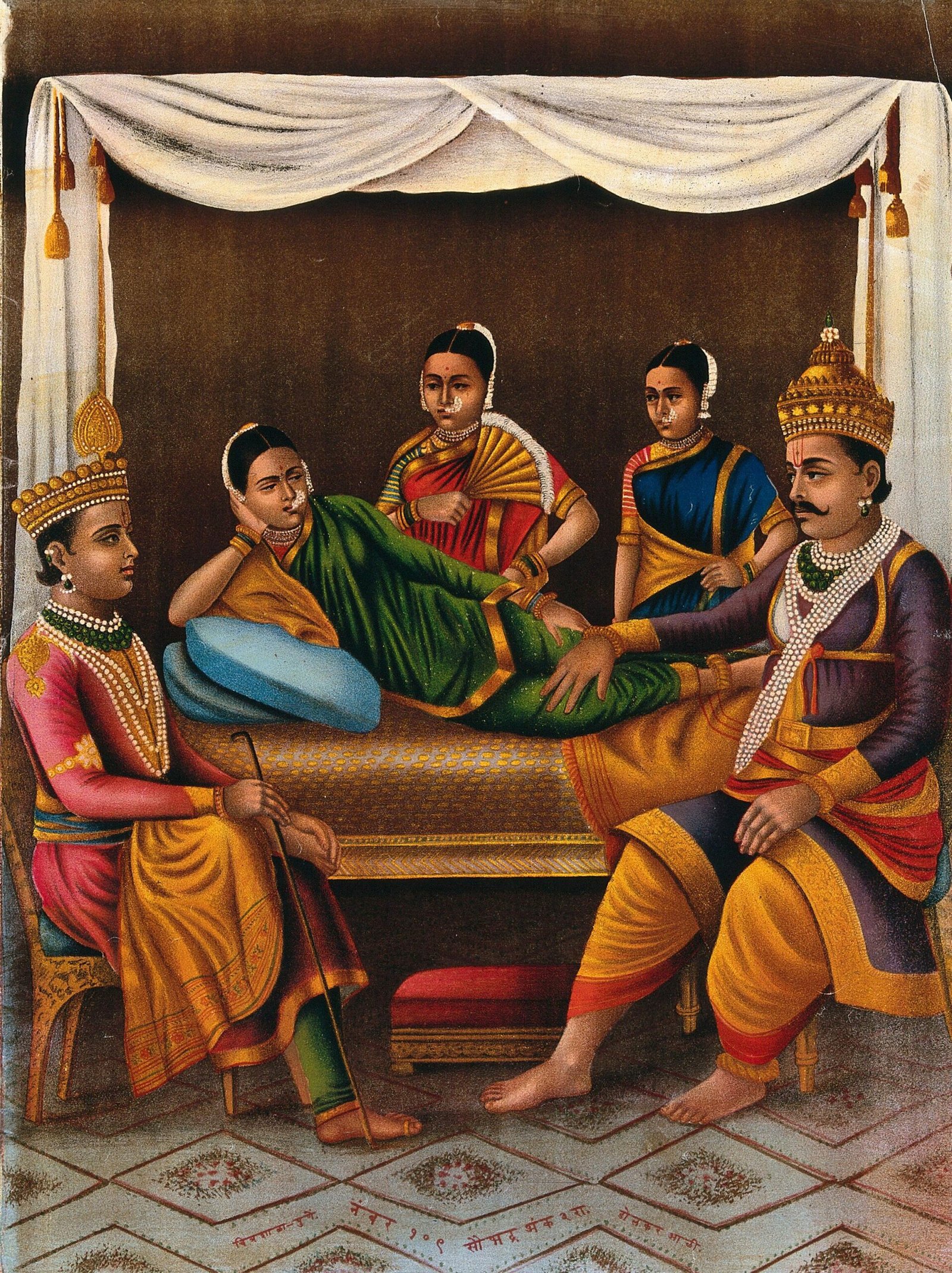
After Khande Rao’s death Ahilya Bai gave up all desires and decided to perform Sati i.e to sacrifice her life despite the citizens pleas to not do so. Finally, it was her father-in-law Malhar Rao who convinced her to not kill herself. He died twelve years after his son’s death.
Now Male Rao, Ahilya Bai’s son took over the throne but he too succumbed to death after a few months. Ahilya Bai then became the ruler of Indore. She was militarily trained and was intelligent enough to control the administrative affairs. She had Subedar Tukaji Rao (the adopted son of Malhar Rao) as her military head.
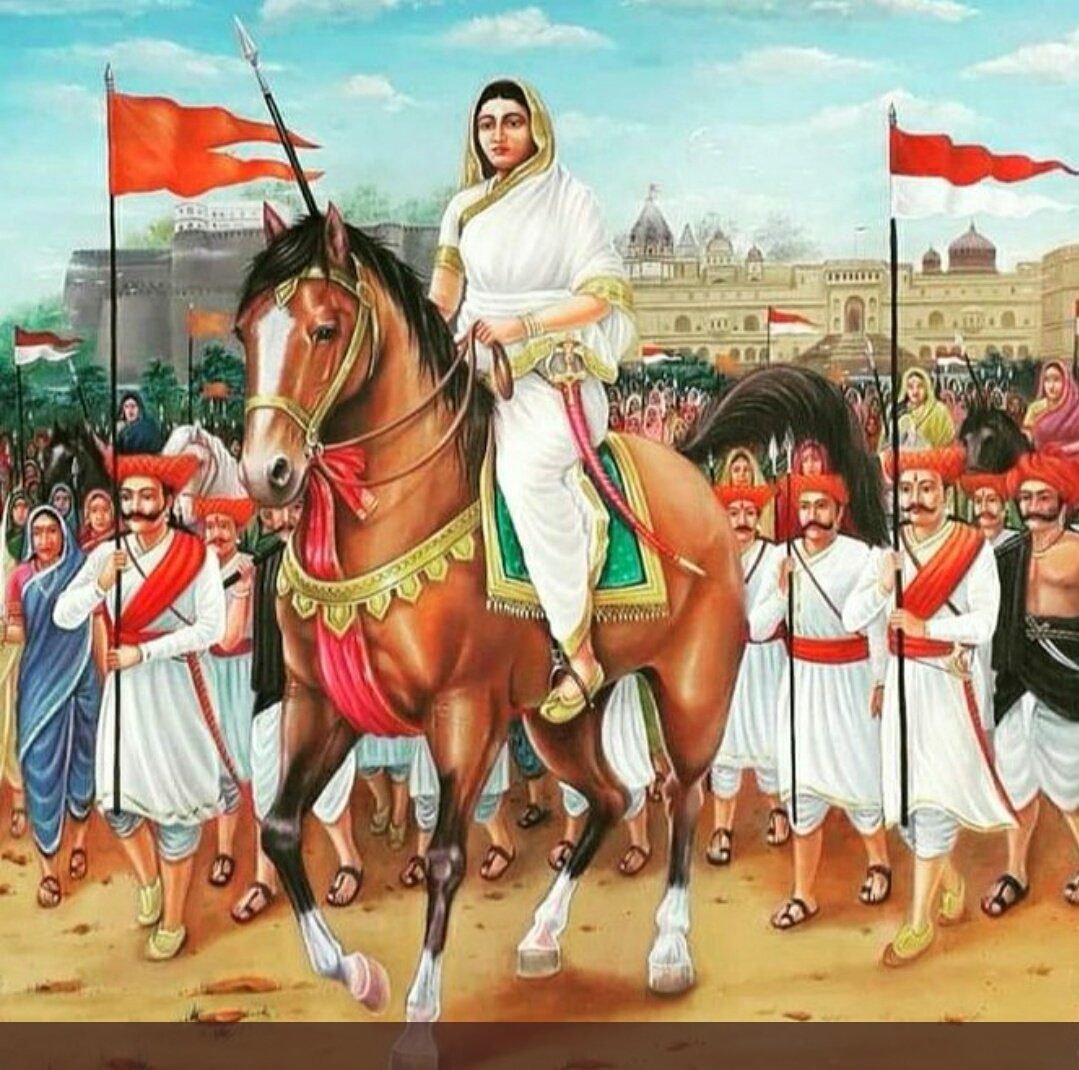
Maheshwar was her capital. As Annie Besant said “This great ruler in Indore encouraged all within her realm to do their best, Merchants produced their finest clothes, trade flourished, the farmers were at peace and oppression ceased, for each case that came to the queen’s notice was dealt with severely. She loved to see her people prosper, and to watch the fine cities grow, and to watch that her subjects were not afraid to display their wealth, lest the ruler should snatch it from them. Far and wide the roads were planted with shady trees, and wells were made, and rest-houses for travelers. The poor, the homeless, the orphaned were all helped according to their needs. The Bhils who had long been the torment of all caravans were routed from their mountain fastnesses and persuaded to settle down as honest farmers. Hindu and Musalman alike revered the famous Queen and prayed for her long life.” The Nizam of Hyderabad said “there is definitely no woman and no ruler like Ahilya Bai”. Such was Ahilya Bai’s royal reign and the prosperity of her kingdom. Quoting from John Keay’s, India: A History (2000), Ahilya Bai had made a very clever remark about the British. She said, “Other beasts, like tigers, can be killed by might or contrivance, but to kill a bear it is very difficult. It will die only if you kill it straight in the face, or else, once caught in its powerful hold, the bear will kill its prey by tickling. Such is the way of the English. And in view of this, it is difficult to triumph over them.”
Following the death of Male Rao Holkar, Gangadhar Rao, Malhar Rao Holkar’s dewan, believing Ahilya Bai to be a weak powerless widow, tried to usurp royal authority for himself by requesting Ahilya Bai to adopt him as her son & grant all administrative power to him but she promptly refused to do so. Gangadhar Rao then started a rebellion against her & instigated Raghunath Rao, uncle of Peshwa Madhav Rao, to attack the Holkar domain of Indore. On coming to know about the encampment of Raghunath Rao’s army at the banks of the river Shipra through her spies, Ahilya Bai immediately dispatched letters to compatriots of her late father-in-law, Mahadji Scindia & Damaji Rao Gaekwad, asking for assistance and assembled the Holkar army with the help of Tukoji. The Bhonsales of Nagpur sent their armies to assist her & Peshwa Madhav Rao authorised Ahilya Bai to take offensive action against Raghunath Rao. Ahilya Bai herself went to the battlefield with her female bodyguards to face Raghunath Rao. Seeing Ahilya Bai’s courage, Raghunath Rao was frightened & retreated back stating that he had just come to offer condolence to Ahilya Bai for the death of Male Rao. Gangadhara Rao was kept under house arrest before being reinstated back to his former position.
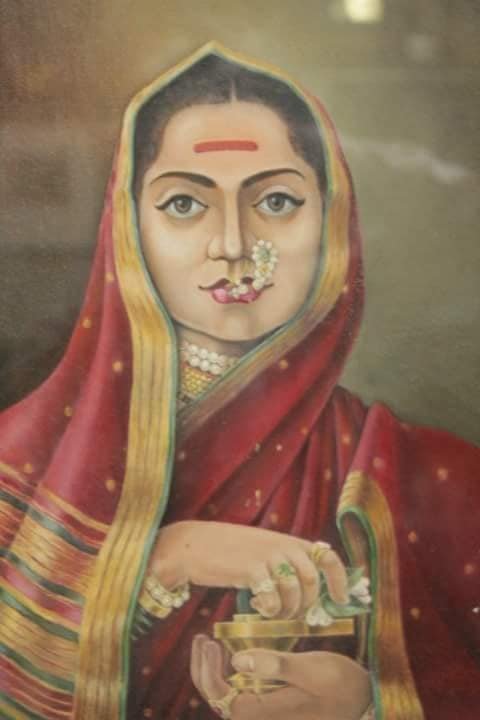
Ahilya Bai could not settle the conflict peacefully in the case of the Bhils and Gonds, who unethically plundered her borders; but she granted them waste hilly lands and the right to a small duty on goods passing through their territories.
A commemorative stamp was issued in her honour on 25 August 1996 by the Republic of India. As a tribute to the great ruler, Indore international airport has been named Devi Ahilyabai Holkar Airport. Similarly, Indore university has been renamed as Devi Ahilya Vishwavidyalaya.
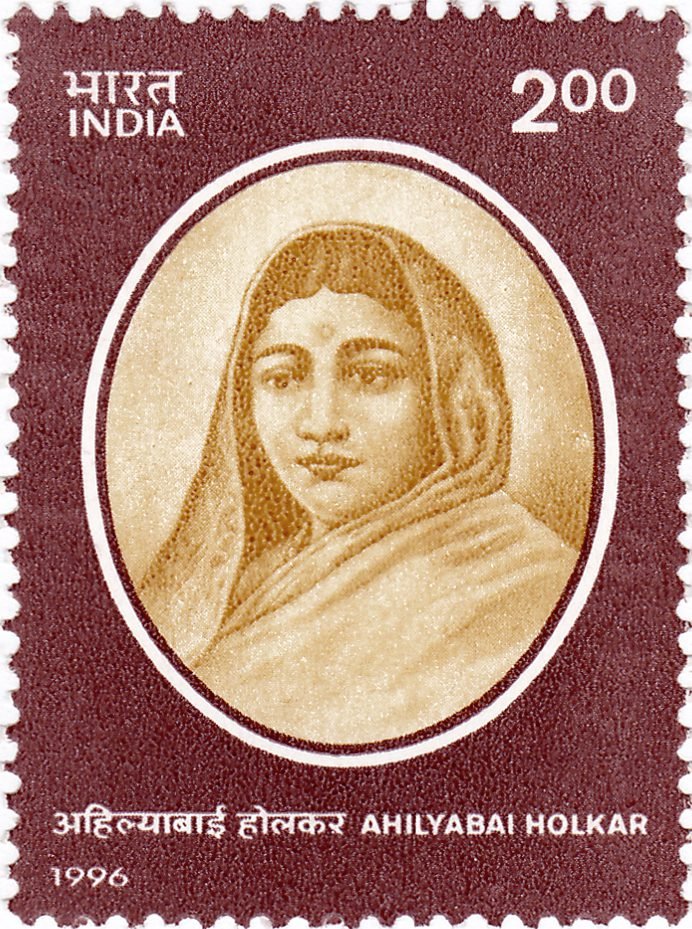
Ahilya Bai’s rule was a golden era inscribed in the books of the Maratha period. She was one among the female sovereigns, she was the ‘philosopher-queen’, she was Ahilya Bai Holkar- the epitome of wisdom and grace.
